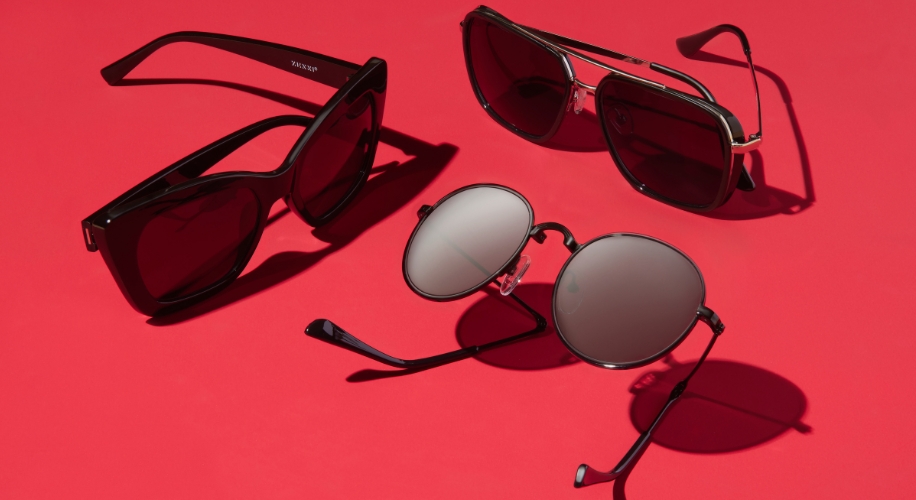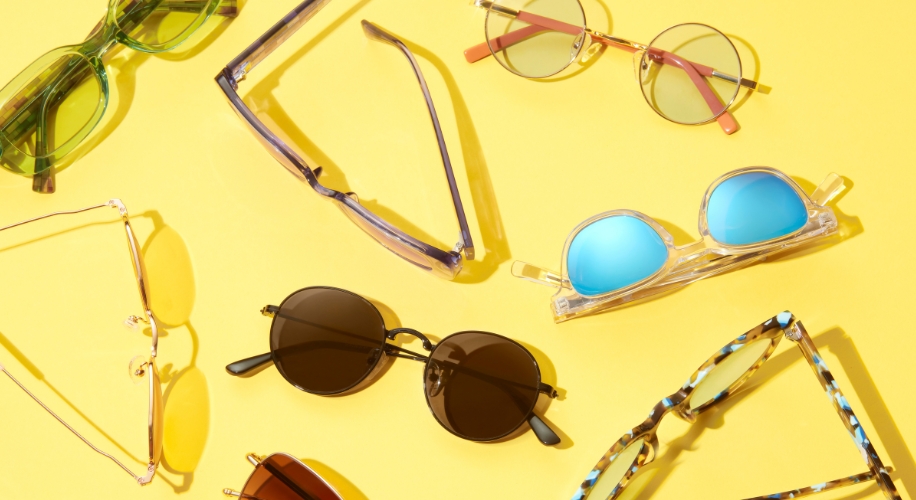UV Protection Tips: Safeguarding Your Eyes from Harmful Rays

When it comes to protecting your skin from the sun’s powerful rays, sunscreen is a no-brainer. But what about your eyes? Just as the skin can suffer damage from ultraviolet (UV) radiation, your eyes are susceptible too. Prolonged exposure to UV rays can lead to serious eye conditions, such as cataracts and macular degeneration. That’s why it’s crucial to shield your eyes with proper UV protection. Here are some tips to keep your eyes healthy and safe from the sun.
Understanding UV Radiation and Your Eyes
UV radiation consists of invisible rays that are part of the energy that comes from the sun. These rays can also be emitted from artificial sources like welding machines and tanning beds. UV radiation can be broken down into three types: UVA, UVB, and UVC. UVA and UVB rays are the ones that can reach the Earth’s surface and have the potential to harm our eyes. Long-term exposure to these rays can damage the eye’s surface as well as its internal structures.
Common Eye Conditions Linked to UV Exposure
- Cataracts: A clouding of the eye’s lens that can lead to vision impairment.
- Macular Degeneration: Damage to the retina that can result in loss of central vision.
- Photokeratitis: A painful eye condition that is similar to sunburn but affects the cornea.
- Pterygium: Growth of pink, fleshy tissue on the conjunctiva that can affect vision.
Effective Ways to Protect Your Eyes from UV Rays

Preventing damage from UV rays involves a few simple practices that can significantly reduce your risk of developing UV-related eye conditions:
Wear Sunglasses with Complete UV Protection
Sunglasses are not just a fashion accessory; they are an essential part of protecting your eyes from harmful UV rays. Opt for sunglasses that block out 99% to 100% of both UVA and UVB rays. Also, consider wraparound styles that offer side protection. Don’t let clouds fool you – UV rays can pass through haze and thin clouds, so sunglasses are still necessary on overcast days. For more information on UV protection with stylish options, check out our prescription sunglasses.
Consider Polarized Lenses for Enhanced Vision Comfort
Polarized lenses can improve comfort and visibility by reducing glare, especially around water, snow, and other reflective surfaces. While polarization itself doesn’t block UV rays, many polarized lenses are combined with UV-blocking substances. Not only do they offer better vision clarity during outdoor activities, but they also provide the necessary UV protection.
Choose the Right Lens Coatings
- UV coatings: Ensure your lenses have a clear UV-blocking coat, even if they are not tinted.
- Photochromic lenses: These lenses darken in response to UV radiation, providing both comfort and protection.
Wear a Broad-Brimmed Hat or Cap
While not a substitute for sunglasses, a wide-brimmed hat or cap can block up to half of UVB radiation and enhance the protection levels of your sunglasses.
Choosing Your UV Protective Eyewear

Selecting the right eyewear is essential for optimal UV protection. When shopping for UV-protective eyewear, look for labels that indicate the level of UV protection offered. For those who wear prescription lenses, consider transitioning to progressive lenses that can accommodate varying lighting conditions while safeguarding your eyes.
Find the Perfect Fit with Virtual Try-On
Finding the right fit is crucial for your sunglasses to provide maximum protection. Our virtual try-on feature allows you to see how different frames look on your face and ensures that they cover your eyes adequately.




 United States
United States